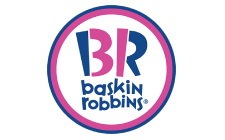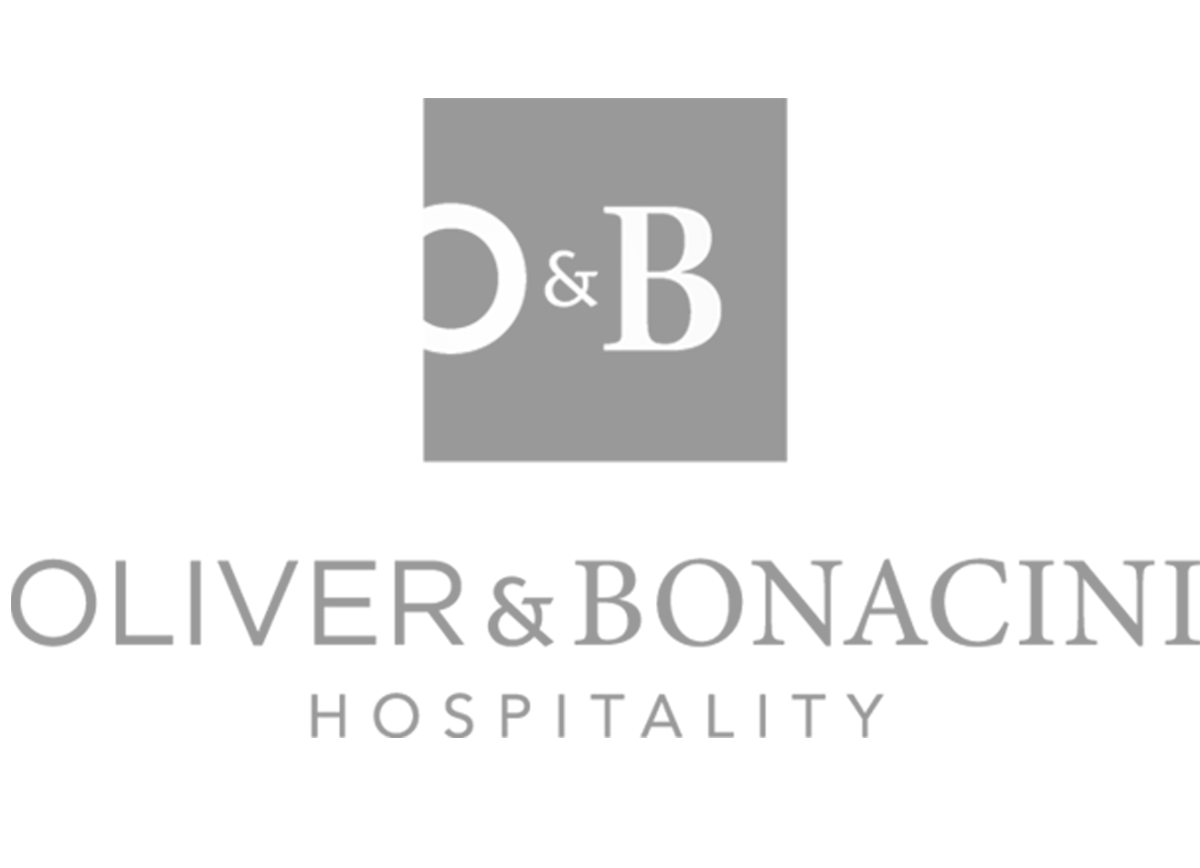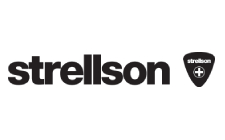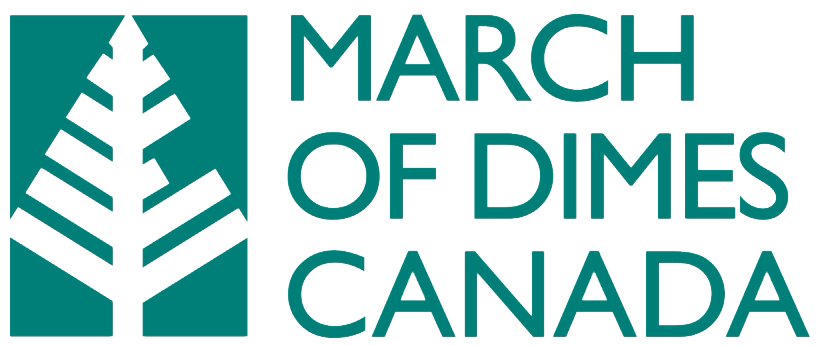In 2025, the cybersecurity landscape is not just complex; it’s increasingly dangerous. As technology evolves, so do the threats that companies must guard against. The urgency of this situation calls for immediate and robust action.
One of the most pressing concerns is data breaches. This is when hackers infiltrate systems to steal sensitive information, such as customer data, financial records, or proprietary business details.
These breaches lead to devastating financial losses and destroy trust between businesses and their clients. Personal data is a prime target, so organizations must implement strong encryption methods, regular security audits, and employee training to defend against unauthorized access.
Alongside data breaches, malware attacks remain a significant threat to businesses. Cybercriminals continue to develop more sophisticated malware, including ransomware, which can lock down systems and demand ransom payments for their release, disrupting operations, making valuable information vulnerable to theft, and even potentially sabotaging a company’s infrastructure.
In 2025, staying ahead of cyber threats is not just a goal; it’s a necessity. It requires constant vigilance, foresight, and a multi-layered defence strategy. The importance of this cannot be overstated.
Best Ways to Secure Your Business’ Sensitive Data and Prevent Cyberattacks
Securing sensitive data is one of the most critical steps a business can take to protect itself from the growing threat of cyberattacks. By implementing best practices in data security, companies can safeguard valuable information, maintain client trust, and avoid costly breaches.
The following are some of the best ways to secure your business’s sensitive data and prevent cyberattacks:
1. Ensuring data safety with effective backup strategies
Implementing a comprehensive backup plan is one of the best ways to protect your business’s critical data from cyber threats. Having your data safely stored and easily recoverable is a lifesaver in a cyberattack or hardware failure.
It is essential to create a robust backup routine that includes multiple layers of protection, such as daily incremental backups to cloud storage and portable devices.
Additionally, performing server backups weekly, quarterly, and annually provides extra security. It is equally important to regularly check and test your backup systems to ensure they are functioning properly.
Following the 3–2‑1 rule—maintaining three copies of your data, with two stored on different media and one offsite—is a highly effective way to protect against data loss.
2. Keeping systems and software current
Regular updates are another essential part of safeguarding your business from cybersecurity threats.
Both operating systems and security software must be updated frequently to address vulnerabilities that hackers may exploit. Failing to install these updates leaves your system open to attacks, so enable automated updates and never ignore update prompts.
Setting up firewalls to filter incoming and outgoing traffic adds another protective layer, helping prevent unauthorized access. Additionally, activating spam filters significantly reduces the risk of phishing and malicious emails entering your business’s systems, offering further defence against potential breaches.
3. trengthening security with data encryption
When protecting sensitive business data, encryption is a non-negotiable defence measure.
Encryption converts your data into unreadable code before it is transmitted or stored, ensuring that even if cybercriminals access it, they cannot understand or misuse it. Enabling network and data encryption when storing or sharing files is essential for maintaining confidentiality.
This method restricts access to encrypted data only to those with the appropriate decryption keys. Some encryption software alerts you when unauthorized attempts to access or alter your data occur, giving you real-time insights into security threats.
4. Adding extra layers of protection with multi-factor authentication
Multi-factor authentication (MFA) offers additional protection for business accounts. Instead of relying solely on passwords, MFA requires users to provide multiple pieces of information to verify their identity.
This can include a one-time passcode sent to a mobile device or generated by an app like Google Authenticator. Requiring this second form of identification greatly reduces the risk of unauthorized access to sensitive accounts.
Although it may feel like an extra step, MFA’s additional security is invaluable, especially as cyberattacks become increasingly sophisticated.
5. Using strong passphrases to safeguard accounts
Moving away from traditional passwords and using strong passphrases is yet another powerful way to enhance account safety.
A passphrase should be at least 14 characters long and unpredictable, combining uppercase and lowercase letters, numbers, and special characters. For example, a strong passphrase could be a sentence that is easy for you to remember but difficult for others to guess, such as ‘MyD0g$atMyH0m3work!’. This approach makes it much more difficult for cybercriminals to crack passwords through brute-force attacks (trial and error).
In fact, research shows that human error, such as reusing passwords or sharing login information, is responsible for a large portion of cyberattacks. By adopting unique and complex passphrases, businesses can improve security and significantly reduce the likelihood of unauthorized access.
6. Establishing clear security policies
Establishing clear cybersecurity policies is crucial to ensuring that your team follows best practices for data protection. These policies should outline acceptable behaviours regarding internet usage, data sharing, and device access within the company. They should also set guidelines on how to handle sensitive information and what to do in the event of a suspected data breach.
Cyberattacks often begin with a phishing email or malicious link, so it’s essential to educate your employees on recognizing and avoiding these threats. Implementing regular security audits and having a clear incident response plan in place is also necessary to address potential breaches quickly before they escalate.
With thousands of emails likely being sent and received every year, improving how your team handles email communication can go a long way in mitigating risks. By developing strong security policies and providing ongoing training, you create a more secure environment for your business.
Encouraging a culture of cybersecurity awareness ensures that your employees are not just following rules but are also actively engaged in safeguarding the company’s data, thus reducing the chances of successful cyberattacks.
How Protection Plus Can Effectively Safeguard Your Business From Cybersecurity Threats
You value the protection of your business’s sensitive data and want to do everything you can to safeguard your company against cybersecurity threats. Protection Plus can help you put together comprehensive security solutions that will make a world of difference in keeping your data safe.
We understand that businesses in today’s digital landscape are increasingly vulnerable to cybersecurity threats that can disrupt operations and damage reputations. Therefore, our mission is to offer tailored cybersecurity solutions that provide proactive and reactive measures to keep your company’s sensitive data secure.
Whether you are a small business or a large corporation, we specialize in identifying potential vulnerabilities and implementing effective strategies to safeguard your operations.
Our highly trained security professionals work closely with each client to design customized solutions that address their specific security needs, ensuring your business remains protected against a wide range of cyber threats.
With years of experience in the security industry and a strong reputation across the GTA and Southern Ontario, Protection Plus is a trusted leader in physical and digital security.
For more information about our comprehensive cybersecurity solutions or our malware protection services, call Protection Plus Security Solutions at 1–844-365‑7587 or contact us here.
- Access Control
- Alarm monitoring
- Alarm Systems
- cannabis
- cannabis retailer
- CCTV Cameras
- Childproof Doors
- Commercial Security
- Construction Security
- Cybersecurity
- Digital Safety
- Door Bell
- Ethernet
- fire
- flood
- garage
- General Category
- Halloween
- holiday
- home
- home automation
- Home Safety
- Home Security
- Home Security System
- In the News
- intercom
- internet
- life insurance
- Locksmith
- Move Ahead
- moving
- MUL-T-LOCK
- natural disasters
- New Years
- Office Security
- Personal Safety
- Pet Protection
- real estate
- Safes
- Safes
- safety
- school
- Security Cameras
- Security Film
- Security Industry News
- Security Systems
- Security Tips
- security window film
- Senior Safety
- shoplifting
- Small Business
- Small Business security
- social media
- social network
- Sports Safety
- summer
- vacation
- Video Alarm Monitoring
- web
- web surfing
- Webdesign
- Window Film
- winter
- Workplace safety



















































